The parasympathetic nervous system (PNS) is the part of the autonomic nervous system responsible for the "rest and digest" response. It helps to slow down the heart rate, increases the activity of the intestines and glands, constricts the pupils, stimulates the secretion of saliva and tears, relaxes the sphincter muscles and helps with erection.1
The PNS is part of the central nervous system (CNS) and consists of specific cranial and spinal nerves, including the vagus nerve, the glossopharyngeal nerve, and the pelvic splanchnic nerves. The parasympathetic nervous system is responsible for the restorative functions of the body sympathetic nervous system – for the fight-or-flight response, and both systems work together to maintain homeostasis in the body.
Functions of the parasympathetic nervous system
The parasympathetic nervous system (PNS) is the part of the autonomic nervous system that regulates the body's unconscious functions. It works against the sympathetic nervous system, which prepares the body for stress. PNS occurs in the central nervous system and involves specific nerves such as the vagus nerve, cranial nerves, sacral nerves, and pelvic splanchnic nerves.
PNS performs several important functions:
- Slows the heart rate and lowers blood pressure
- Increases intestinal and glandular activity
- Constricts the pupils
- Stimulates digestion
- Reduces urinary tract muscle tone
- Regulates heart rate, increases gland secretion, dilates blood vessels and improves digestion
- Controls functions such as digestion, urination, defecation and sexual arousal
The PNS is connected to other systems, including the endocrine and immune systems, and plays an important role in maintaining homeostasis in the body. It is regulated by the hypothalamus, the area of the brain that controls automatic responses. Dysfunction of the PNS can lead to a variety of diseases and disorders, such as orthostatic hypotension, Hirschsprung's disease, and dysautonomia.
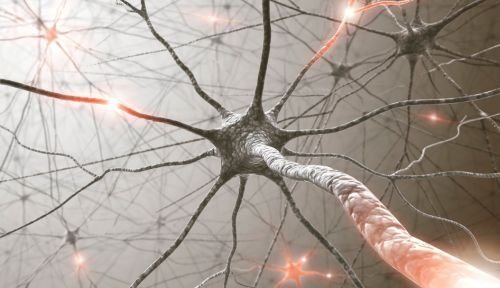
Effects of stress on the parasympathetic nervous system
Stress can affect the nervous system in various ways. The sympathetic part is responsible for the "fight or flight" response during stress, while the parasympathetic part helps the body to relax and return to its normal state after stress.
Stress can cause an increase in stress hormones such as cortisol in the blood, which in turn increases the number of immune cells called cytokines. High levels of cytokines can weaken the immune system and make it more vulnerable to infections, including COVID-19. Stress can negatively affect the parasympathetic nervous system, causing problems such as anxiety, depression and heart disease.
Techniques such as meditation, deep breathing exercises, mindfulness and yoga can help manage stress and balance the autonomic nervous system. Certain herbs and supplements, such as ashwagandha, goldenrod, and L-theanine, may also help. Stress can affect the balance of the autonomic nervous system and cause health problems. The parasympathetic nervous system uses the neurotransmitter acetylcholine to transmit signals to the body, promoting relaxation and restoring energy.
Interesting facts about the parasympathetic nervous system
Here are some interesting facts about the parasympathetic nervous system:
- The parasympathetic nervous system is the part of the autonomic nervous system responsible for the "rest and digest" response. It is activated during relaxation, digestion, sexual arousal and certain emotional reactions.
- The parasympathetic nervous system is responsible for reducing heart rate, increasing intestinal and glandular activity, and stimulating digestion. The main nerve of this system is the vagus nerve.
- The parasympathetic nervous system has three centers in the brain: the hypothalamus, the brainstem, and the sacral spinal cord. It uses long preganglionic neurons and short postganglionic neurons.
- The neurotransmitter used by the parasympathetic nervous system is acetylcholine.
- Imbalances in the parasympathetic nervous system can lead to a variety of health problems, such as anxiety, depression, and digestive problems.

Ways to strengthen the parasympathetic nervous system
There are several ways to strengthen the parasympathetic nervous system:
- Deep and slow breathing exercises can activate the parasympathetic nervous system, causing relaxation and reducing stress.
- Yoga and pranayama (controlled breathing exercises) have positive effects on the parasympathetic nervous system, improving cardiovascular and autonomic functions. Practicing yoga asanas (physical poses) can also help activate the parasympathetic nervous system, promoting relaxation and reducing stress.
- Meditation, deep breathing exercises, and mindfulness exercises can help regulate the parasympathetic nervous system and improve overall health.
- Vagus nerve stimulation has been clinically studied and can increase emotional stability, reduce stress response and improve overall health. Ways to stimulate the vagus nerve:
- Singing or humming
- Gargling with water
- Cold showers or baths
- Deep, diaphragmatic breathing exercises
- Laughter
- Physical exercises
- Massage
- Meditation
Other tips for nervous system health:
- Maintain a balanced schedule of work and rest, ensuring a sufficient amount of sleep (7-8 hours per night).
- Engage in calming activities before bed, such as listening to soothing music, taking a warm bath, or practicing relaxation techniques.
- Use it group B vitamins, especially B1, B6 and B12, which are abundant in fish, poultry, eggs, dairy products and leafy vegetables.
- Include antioxidants, vitamins A and C in your diet to protect your nervous system from stress-induced damage.
- Ensure adequate intake of essential minerals such as magnesium and zinc. They can be obtained from cocoa, nuts, seeds, legumes, whole grains, oysters, beef, poultry, beans and dairy products.
- If necessary, take B-complex vitamins and mineral supplements after consulting a health care professional.
- Exercise regularly to regulate your stress hormones and improve your overall well-being.
- Get some sun and vitamin D, drink water, and practice deep breathing and relaxation techniques to manage stress.
- Use herbal supplements such as lemon balm, chamomile, valerian, and passionflower extract to help manage stress.
-
Sale Product on saleGarden of life Vitamin Code Raw D3 - Vitamin D3 2000 strength, 60 vegetarian capsules
39,90 €Original price was: 39,90 €.27,90 €Current price is: 27,90 €.Rated 5.00 out of 5 based on 1 customer rating
What is the Vagus Nerve and why is it important?
The vagus nerve (vagus nerve) is the main nerve of the parasympathetic nervous system, innervating most internal organs. It is the longest of the cranial nerves and performs both motor and sensory functions. The vagus nerve begins in the medulla oblongata and exits the skull through the jugular foramen. It has two nodes: upper and lower.
The vagus nerve plays an important role in regulating various body functions:
- Regulates heart rate and blood pressure
- Controls the muscles of the pharynx, larynx, esophagus, trachea, bronchi, lungs, and most of the gastrointestinal tract
- Responsible for the "rest and digest" response, including lowering heart rate, lowering blood pressure, and promoting digestion
- Transmits information from internal organs to the brain
- Involved in regulating sweating and speech
Stimulating the vagus nerve can help regulate the nervous system and improve emotional stability. Techniques to stimulate the vagus nerve, such as deep breathing exercises, meditation, and yoga, can help improve your stress response and overall well-being. Regular physical activity can also help strengthen the vagus nerve.
Damage to the vagus nerve can cause a variety of conditions, including hoarseness, difficulty swallowing, and abnormal heart rhythms. Problems with the vagus nerve can lead to conditions such as gastroparesis (inability of the stomach to empty food properly due to dysfunction of the vagus nerve) and vasovagal syncope (overreaction of the vagus nerve to certain stimuli, causing a decrease in heart rate and blood pressure, leading to fainting).
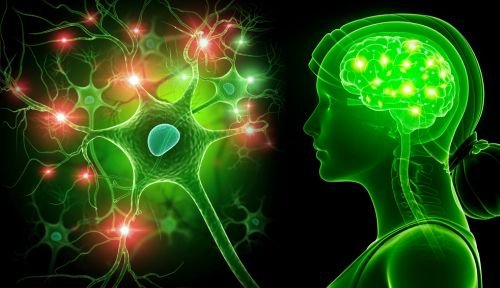
Cold as a stimulant
Cold can be beneficial for stimulating the parasympathetic nervous system and improving overall health. Here are some ways the cold can help:
- Cold showers or baths can help stimulate the vagus nerve, which is a major component of the parasympathetic nervous system. It can induce relaxation and reduce stress levels.
- Cold therapy, such as a cryosauna or cold compresses, can have an anti-inflammatory effect and help reduce muscle pain and swelling. It can be useful after intense training or in chronic inflammatory disorders.
- Regular exposure to cold weather, such as winter swimming or cold weather walks, can help boost your immune system and increase your resistance to disease. This can be especially helpful during the cold season, when the risk of colds and flu increases.
It is important to remember that sudden exposure to cold can shock the body, so you should always start gradually and listen to your body. Also, check with your doctor before starting any new wellness practice, especially if you have any medical conditions.
Nutrients that help strengthen the parasympathetic nervous system
There are several ways to balance the sympathetic and parasympathetic nervous systems and improve nervous system health:
- Infrared treatments and electromagnetic field therapy can help balance the sympathetic and parasympathetic nervous systems.
- Electromagnetic field therapy can activate the immune system, blood circulation, and nerve and meridian systems.
- Magnetic field therapy can improve the condition of myofascial tissue.
Certain nutrients and supplements may also benefit nervous system health:
- Omega-3 fatty acids, B vitamins, and some plant extracts, such as ginkgo biloba extract, can support nervous system health.
- Products like Carlsen Labs Fish Oil SUPER OMEGA-3 can benefit the nervous system.
-
Sale Product on saleSUPER OMEGA-3 - Norwegian fish oil, 100+30 capsules
67,90 €Original price was: 67,90 €.54,30 €Current price is: 54,30 €.Rated 5.00 out of 5 based on 5 customer ratings
It is important to consult a healthcare professional before starting any supplements or new treatments. A balanced diet, regular physical activity, stress management and adequate sleep are also important factors in maintaining the health of the nervous system.
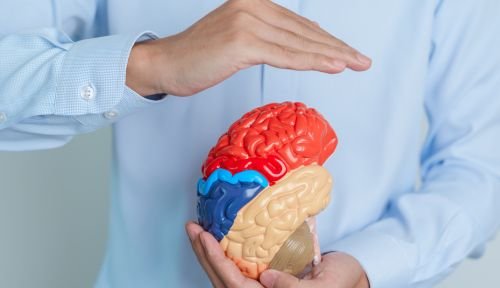
Frequently asked questions about the parasympathetic nervous system
How does the parasympathetic nervous system affect our body?
It works in contrast to the sympathetic nervous system, which prepares the body for "fight or flight" situations. The parasympathetic system activates during rest, helping our bodies relax, reduce stress and restore energy.
What are the main functions of the parasympathetic nervous system?
Its main functions include slowing the heart rate, stimulating the digestive tract, helping to regulate mucous secretions, and contributing to the accommodation of the lens of the eye for better near vision.
Can I influence my parasympathetic nervous system?
Yes, certain activities and practices such as breathing exercises, meditation, yoga or even a simple walk in nature can help activate the parasympathetic nervous system and promote relaxation and stress reduction.
Why is it important to maintain a healthy parasympathetic nervous system?
Good health of the parasympathetic nervous system is important for overall well-being and health. It helps reduce the effects of stress, improves sleep quality, reduces inflammation and strengthens the immune system.
How can disorders of the parasympathetic nervous system be prevented and managed?
A balanced diet, regular physical activity, stress management and adequate sleep are important factors in maintaining the health of the nervous system.
Deep breathing exercises, meditation, yoga, and vagus nerve stimulation techniques can help regulate the parasympathetic nervous system and improve overall health.
Certain nutrients and supplements, such as omega-3 fatty acids, B vitamins, and some plant extracts, can support nervous system health.
How are disorders of the parasympathetic nervous system diagnosed and treated?
Consult a health care professional about assessing psychological stress using the Voice Analysis method.
Atrial fibrillation (AF) is a common heart condition affecting the 1-2% population and can cause a variety of symptoms such as palpitations, shortness of breath, and fatigue.
The main treatments for PV are drugs, catheter ablation, and surgical ablation.
Conclusions
In summary, the parasympathetic nervous system plays a vital role in maintaining homeostasis and regulating various bodily functions such as heart rate, digestion, and relaxation. Understanding how this system works can help people recognize potential disorders and take steps to manage them. Measures such as deep breathing exercises, meditation, a balanced diet and regular exercise can strengthen the parasympathetic nervous system and improve overall health.
Although disorders of the parasympathetic nervous system can cause unpleasant symptoms, there are many ways to treat and manage them, including lifestyle changes, stress reduction techniques, and medical care. By consulting a health care professional and making a commitment to the health of their nervous system, people can improve their well-being and enjoy a better quality of life.
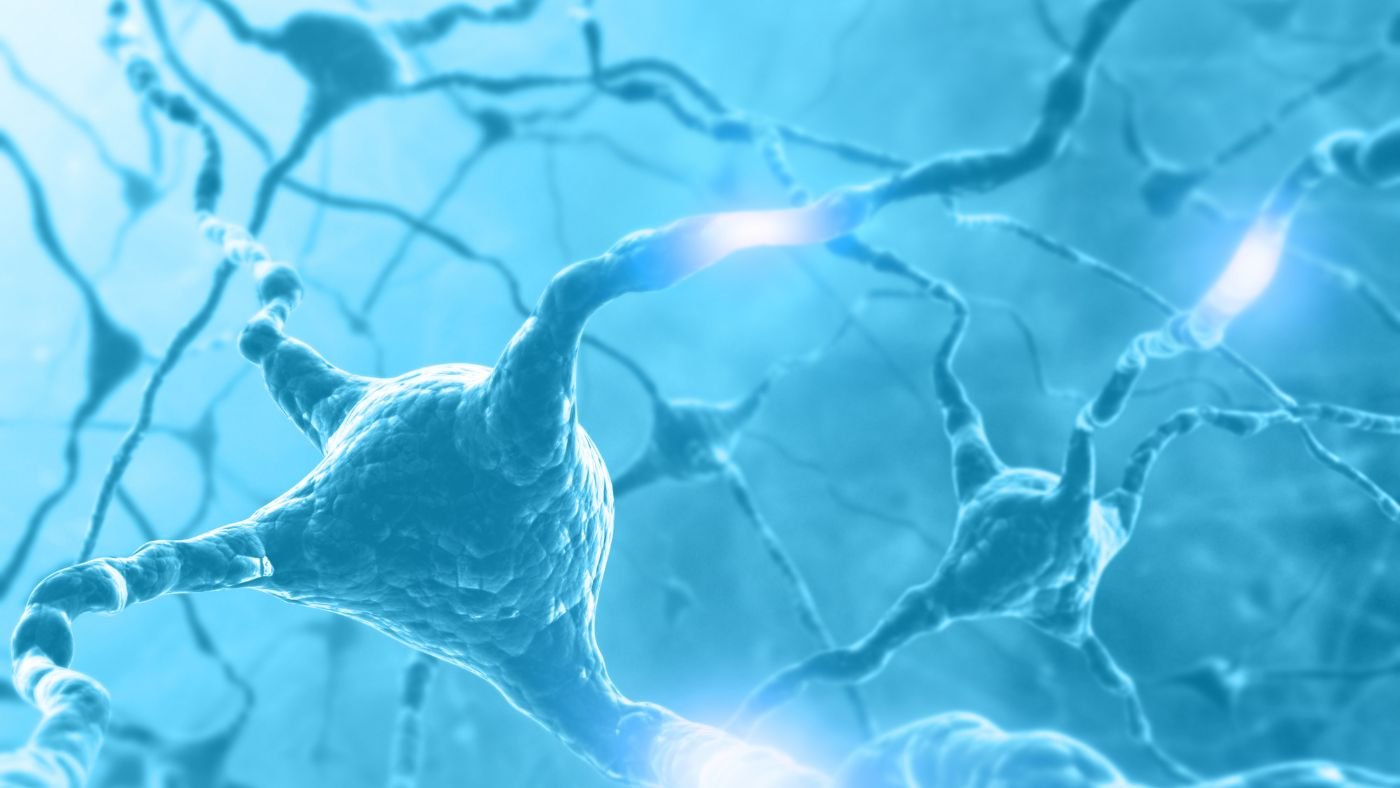



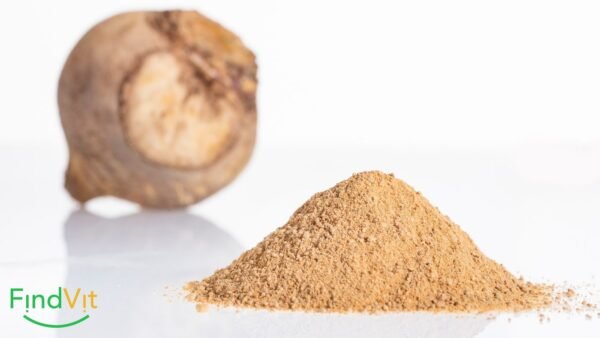








One comment on “Parasimpatinė nervų sistema ir jos vaidmuo: viskas, ką reikia žinoti”
Gedimin
I found it amusing that reading about this system even made me feel more relaxed
Such knowledge is really useful, because stress is now in front of many people's eyes.